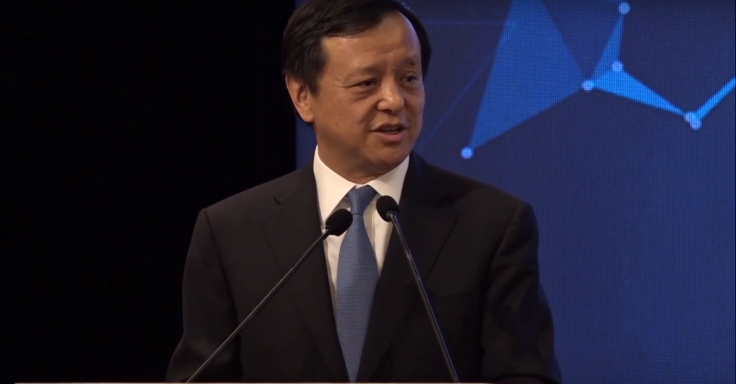
LME Asia Week, London Metal Exchange's Hong Kong gathering of executives, traders and brokers, kicks off on Monday.
U.S.-China trade friction cast a shadow over the start of the event, with U.S. President Donald Trump on Sunday saying he would raise tariffs on $200 billion of Chinese goods this week.
Here are five themes attendees will be seeking information on over two days of seminars, meetings and receptions, before a black-tie dinner rounds off the annual event.
DOCTOR COPPER
China is the top consumer of copper, the metal considered to be a bellwether of economic health, and traders are always looking to check the pulse of their biggest market.
Chinese copper demand is "stable for now" but buying from the home appliance and automobile sectors remain weak, said He Tianyu, an analyst at CRU in Shanghai. "We are still waiting for another government (stimulus) policy," he said.
Yangshan copper premiums, paid on top of LME copper prices to import metal into China, are currently assessed at $48 a tonne, the lowest since April 2017.
But CRU's He said low premiums in themselves were not an indicator of weak demand, with a closed London-Shanghai arbitrage denying traders the chance to profit from shipping copper to China.
China's unwrought copper imports in the first quarter were down 4.3 percent year-on-year at 1.18 million tonnes. Copper concentrate imports were up 20 percent at 5.59 million tonnes.
LOW INVENTORIES
LME copper and aluminium stocks hit their lowest in a decade in recent months, while zinc inventories dwindled to levels not seen since 1990, although the impact on prices for the metals has been muted.
Copper, trading around $6,200 a tonne, "could go north of $7,500 and even $8,000 a tonne as it is subject to growth momentum in China ... in an environment of low inventory," said Guy Wolf, global head of market analytics at Marex Spectron.
SHFE copper stocks went into the Labour Day holiday, in the middle of China's peak-demand season, at 211,630 tonnes, 15.3 percent lower than at the same time last year.
WAREHOUSING RULES
In light of tight inventories, the LME has released a discussion paper proposing rule changes that would attract more metal into its system and increase revenue for warehousing and logistics companies.
The cost of storing metal on-warrant at LME-registered sheds has been much higher than off-warrant storage, leading to a shadow warehousing system where stock is available when required but quantities are unknown.
The LME, which is seeking responses to its discussion paper by the end of May, has made several proposals, including extending the length of time that full storage fees are payable for metal waiting to be loaded out, increasing revenue for warehousing companies.
SCRAP
China is restricting imports of a further eight types of metal scrap from July, including high-grade Category 6 scrap copper, which could further increase its demand for the refined metal.
The country's scrap metal recycling association has said companies can start applying for licences this month to continue their imports but there is little public information on what criteria they will have to meet.
NEW SCHEMES
Attendees will also look for a timeline on LME owner Hong Kong Exchanges and Clearing Ltd's plans to launch its Commodities Connect scheme, which could see cross-listings of commodities derivatives in Hong Kong and mainland China.
The attendees will as well be watching for signs of progress on establishing LME warehousing in mainland China and updates on new LME contracts such as lithium.









